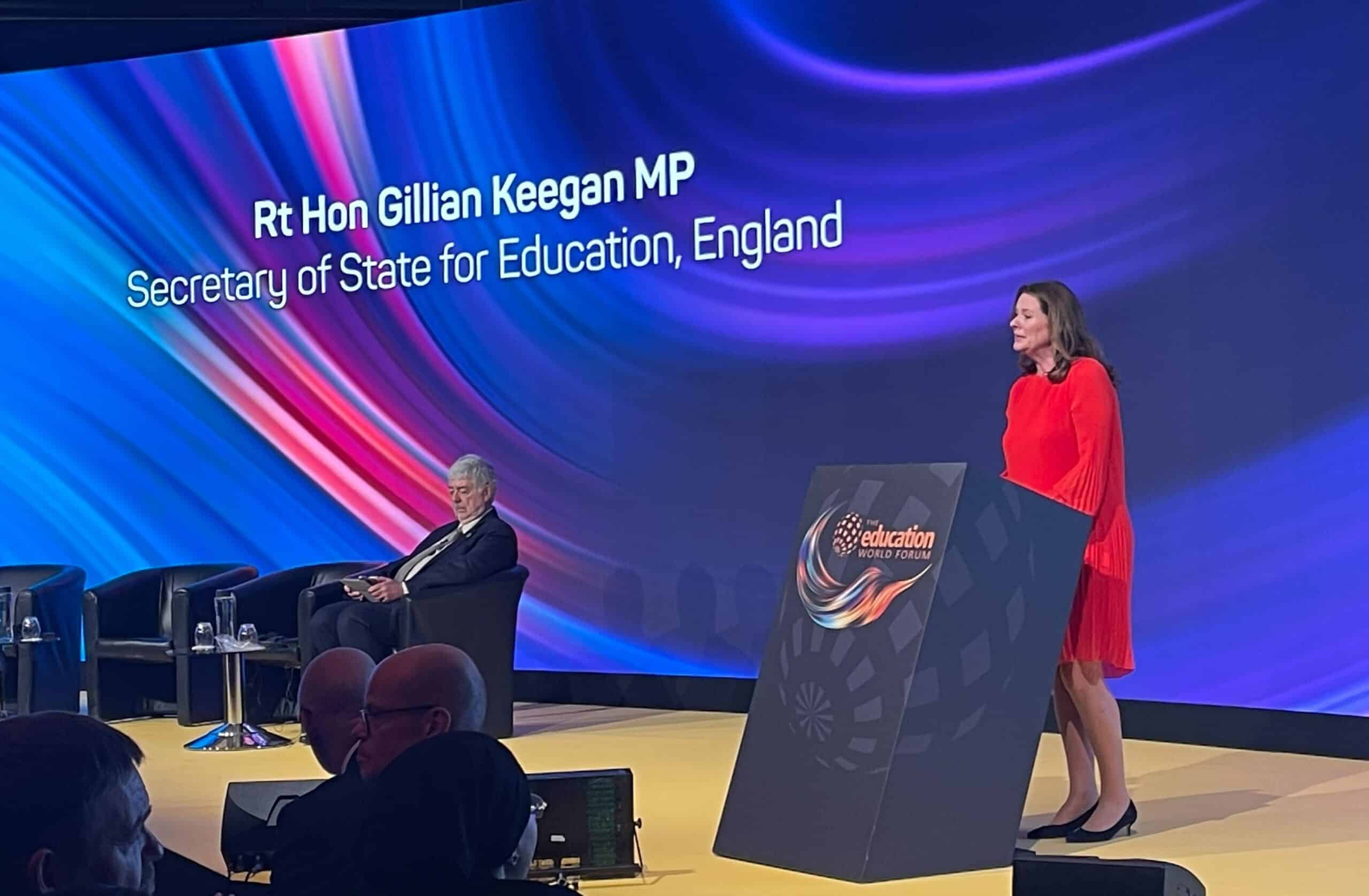The UK’s deputy foreign secretary, Andrew Mitchell, announced a £45 million higher education program set to deliver a better future for young people, particularly women and girls, at the Education World Forum 2024.
The new program, Strengthening Higher Education for Female Empowerment, will bring together businesses, universities and governments to form 12 partnerships across Sub Saharan Africa, South Asia, Southeast Asia, the Middle East and North Africa.
Around a million young people will benefit from SHEFE, by improving opportunities and employability prospects, the UK government announced, with the initiative looking to create safer and more accessible learning environments for women and girls to remove barriers preventing the next generation of leaders from enrolling in higher education.
The program will support women and girls by:
- Investing in initiatives that reduce gender-based violence, for example by training staff and students and strengthening institutional policies to protect them
- Helping to increase uptake of STEM subjects and female representation in senior academic positions, as well as improving the quality of university curriculum by co-designing with industry and government to meet labour market needs
- Strengthening research on gender equality, violence prevention and employability, to support partner governments and HE institutions to develop evidence-based approaches
“Greater gender equality brings freedom, boosts prosperity and strengthens global security. Countries can’t develop if half the population are held back from fulfilling their full potential,” said Mitchell.
“The UK is ensuring that the next generation of female teachers, doctors, inventors and leaders can unlock their potential without being held back by gender bias and discrimination.
“Education is the foundation for empowerment. It equips women and girls with the knowledge to challenge harmful norms and make informed decisions, including about their health.”
Countries can’t develop if half the population are held back from fulfilling their full potential
Andrew Mitchell
The new initiative builds on the success of the Strategic Partnerships for Higher Education Innovation and Reform program that began in 2016 and used dynamic partnerships to strengthen higher education in 16 countries.
Over 1 million students benefitted, including direct support to 12,500 refugees and displaced young people in Jordan and Lebanon and 12,000 students from Myanmar with access to online courses.
The UK’s secretary of state for education, Gillian Keegan, took to the stage on day one of the Education World Forum to update global ministers in the room on the UK’s position as an attractive option for international students, as well as its TNE offerings.
“We are home to some of the world’s top universities, who benefit from strong international ties. Indeed, the UK has educated 58 current and recent world leaders,” said Keegan.
“We have four of the global top 10 universities, and 17 in the top 100. Students travel from over 200 nations to study here. And our universities lead the world in producing valuable research: we rank first in the G7 for publications’ impact.
“The UK remains the destination of choice for many students. Attracting the brightest from around the world is good for our universities, and supports the creation of more places for domestic students… of course, studying abroad is expensive and out-of-reach for many,” continued Keegan.
“Transnational education eliminates the need to travel for a UK degree,” she said. Noting how demand for the practice is growing, she told of how 160 UK universities delivered TNE to over 550,000 students in over 200 countries and territories in the latest figures from 2021/22.
“It’s a solution that’s successfully unlocking the global potential of British institutions, and giving broader access to educational opportunities,” she noted.
In her speech, Keegan highlighted climate change as one of the most urgent challenges at hand.
“Education needs to play its part, giving children a broad understanding of a clean, sustainable future,” she added.
Some 50% of national curricula across the planet do not include climate change, according to figures shared by Stefania Giannini, assistant director-general for education at UNESCO.
Only 20% of teachers can explain how to take action on climate change, UNESCO figures show, while 70% of youth struggle to understand how climate change affects them, shared Giannini.
“We need to create collaborative mindsets and push critical thinking into our curriculum” said Yousef bin Abdullah Al-Benyan, minister of education for the Kingdom of Saudi Arabia, in response to the challenges.












